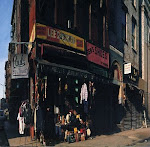My film snob friends hate when in any their given flights of utter film snobbery I point out that TV had been whipping celluloid’s ass for years, at least from 1995-2005. And while they get testy enough when I deploy my argument, they are outraged when I present my evidence. That would be one TV show in particular, the only show I can remember that often left me breathless and in wonder, or put another way, the only show that without fail had at least once instant each episode that had me saying I wish I wrote that. Not The Sopranos, or Six Feet Under, or Law and Order, or even The West Wing, but Buffy the Vampire Slayer. By Joss Whedon.
Joss Whedon. I’m still trying to figure out how he does it. While misguided telesnobs who gushed at mopeshows like Felicity or watched The West Wing because it made them feel intelligent for watching it, snickered at a show named Buffy, I was witness to the finest tale spinner in America do his work. I initially resisted the show myself; half remembering the vapid movie it came from, but gave it a chance because, like everybody else who watched the WB, I loved watching pretty people go through all kinds of distress. I even stayed around as the show floundered a bit until it hit upon its breathless stride (that would be the third season, people).
There’s nothing I can say about Buffy The Vampire Slayer that Time Magazine hasn't said already, except that I’m sure that its mix of fun and fright, camp and tragedy, butt kicking fun and overwhelming sadness, probably affected each fan in its own individual way. Add to that an overall dread that was damn near existential for what many still dismissed as a filmed comic.
Buffy was about a super-powered blonde babe that killed vampires and kicked major ass. You could have watched it on those terms alone and still be watching one of the smartest shows on TV. But Whedon wouldn’t be Whedon had he not defied his own stereotype. He never uses bloodsuckers or life drainers to show that, The Matrix would have like, so rocked if it had like vampires and stuff (Blade, Underworld), nor does he use them because he really wants to write about man-man love (Lestat), nor does he wants teenage girls to slip a chastity belt under that skirt from TJ Maxx (Twilight). Whedon uses the fantastical almost as a trick, a ruse to get to the emotional core of the lonely American teenager, whose life is neither Theo Huxtable good nor Holden Caulfield bad, but better and worse at once. More often then not, they are force-fed maturity, not from parents that either over or under raise them but from life forces that our seemingly invincible parents cannot control, whether it’s the Goddess Glorificus or something more shocking, like a sudden same sex crush. Buffy’s boldness came from suggesting that they were one and the same thing or at least troubling allegories standing in place for each other. And unlike My So Called life, but like many teenagers in the real world, Buffy didn’t have time to make an epic tragedy out of her whining and moping because whether it was her choice or not, she had shit to do.
Because of it fantastical premise, Buffy had no choice but to get to gut truths. When her mother died, not through Vampire bite or demon life force drainage, but a massive brain hemorrhage the shock came from the thoroughly plausible. The show yanked itself into reality before the audience did, showing us that we were the ones in a fantasyland, thinking death worked on our terms. It was a hard lesson for Buffy but it felt like a harder lesson for us, a reminder that death was an indiscriminate monster that struck anybody at will and any time. It took those you love at random and there was not a single thing you could do about it. Here was a TV show that locked in an hour what we’d prefer to never do in life. Witness the shock and dismay over Natasha Richardson’s sudden death.
But I mention death because, weirdly enough it’s not the monsters and demons or gamma rays, or his characters’ tendency to slip into song that makes Whedon great but death, or rather grief. Even his lightest moments seem to hint at shades of grey on the horizon. I’m talking about Dr. Horrible’s Sing Along Blog the most fun I’ve had in years on a TV show not named Burn Notice. If you still watch an actual TV set, you’ve probably missed it, so you’re missing the several things that Whedon does very well.
Dr. Horrible, like The Brain (in Pinky and the Brain) is a monomaniac mad scientist hell bent on taking over the world. But wait! He’s not mad around the edges, just a horribly lonely fan boy wishing somebody would love him back for once, that girl at the Laundromat in particular. Horrible is an archetype to be sure, and not an original one, but Whedon has a way with the sociopathic loser, a way with engendering them with so much pathos, that you almost root for them even if they are, well despicable. He’s had practice: perhaps Buffy’s greatest creation was eurotrash vampire Spike, a villain in the first few seasons, a hero in the last few, a brutal bloodsucker who feared he had a heart long before cosmic forces gave him one. But I digress. Once you get past Dr. Horrible’s near constant sing-alongs, all as inexplicable as they are irresistible, (And why should you get past them anyway? It boggles the mind that Broadway hasn’t snapped him up yet), just as you are about to dismiss them as another deployment of kitsch, the show slays with heart. Just as you're about to be overwhelmed by sentiment the scene punctures itself with ribald humour or more often overwhelming tragedy. He may be the best Dickensian that we’ve got.
Dr. Horrible’s Sing Along Blog is clearly ridiculous, if for no other reason than the real world is right there sharing the same screen space. People are getting on with their lives and Dr. Horrible and Captain Hammer may be inhabiting a world purely of their own deluded making. It’s also clearly buoyed by the web’s lack of restrictions. Even the buff (in his mind) Captain Hammer, knows his name is a penis joke; except it’s about his penis and he’s sure he has the last laugh. Dr. Horrible turns out to be one that truly loves the damsel in laundry distress, while Captain Horrible is the horrible poon hound. But wait! Captain Hammer is just a dick. Dr. Horrible is a genuine sociopath. Credit Whedon for not making even simple characters simplistic. Whedon knew what he was doing casting the impossible not to love, Neil Patrick Harris in the title role. He can sing too.
Dr. Horrible VS. Captain Hammer. It’s a showdown of minor proportions, fated from the get-go. Whedon laces the torment with the best show tunes not in Spring Awakening. But Whedon cut his teeth writing about young American erotic torment— with apropos soundtrack, so this is almost hackwork for the likes of him. Then the damsel dies. From Dr. Horrible’s stun-now-set-to-kill ray gun. Fired not by him of course but by Captain Hammer trying to kill the Horrible one. Either way the damage is done and we’re led to another Whedon specialty: taking the basically innocent person down his or her own heart of darkness. You’re horrified and choked up at the same time, especially when you realize as I do often, that Whedon is really the only writer that can do this. How does he bring such affecting tenderness out of sometimes despicable people? How exactly does he counter balance comedy and sadness and why does he trust us to go along with both at the same time in the same show? And why can’t Judd Apatow or whoever writes Supernatural get better at this?
Granted I am a fanboy and a nerd. So much of a nerd that I can still tell you what happened in issue 339 of Thor (Beta-Ray Bill, bitches!). If Freaks and Geeks turned you off or you’re not wetting yourself over the Star Trek trailer, then this may not be the TV show for you. Even if you are ready for the best show tunes that you don’t have to be gay to love, you might still watch it the way everybody in New York listened to Scissor Sister’s debut: in secret, on headphones. Or you may shut it out altogether. Your loss. The most wondrous show on television is happening and your life is so much the poorer if it’s happening without you. I still wish I wrote books the way Whedon writes TV. If for nothing else, then for this: Everything you hate about yourself before you see an episode of any Whedon show (thought the jury’s still out on The Dollhouse) turns into everything you love about yourself after.
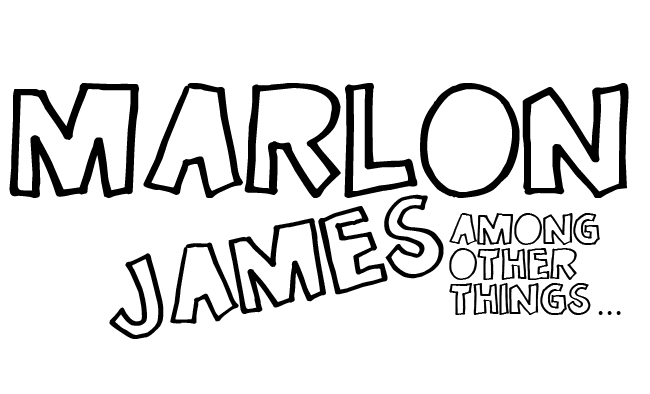



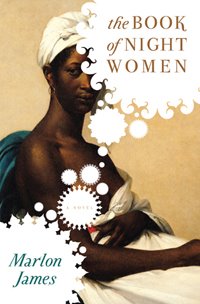



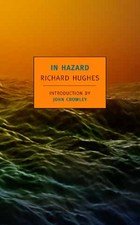
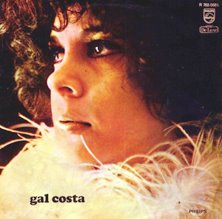-image007.jpg)
